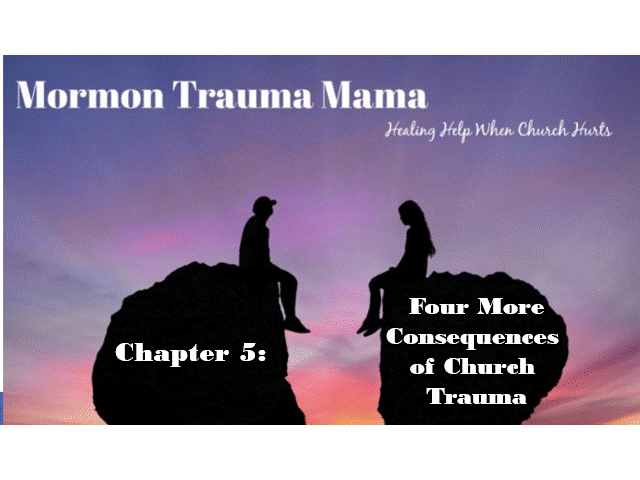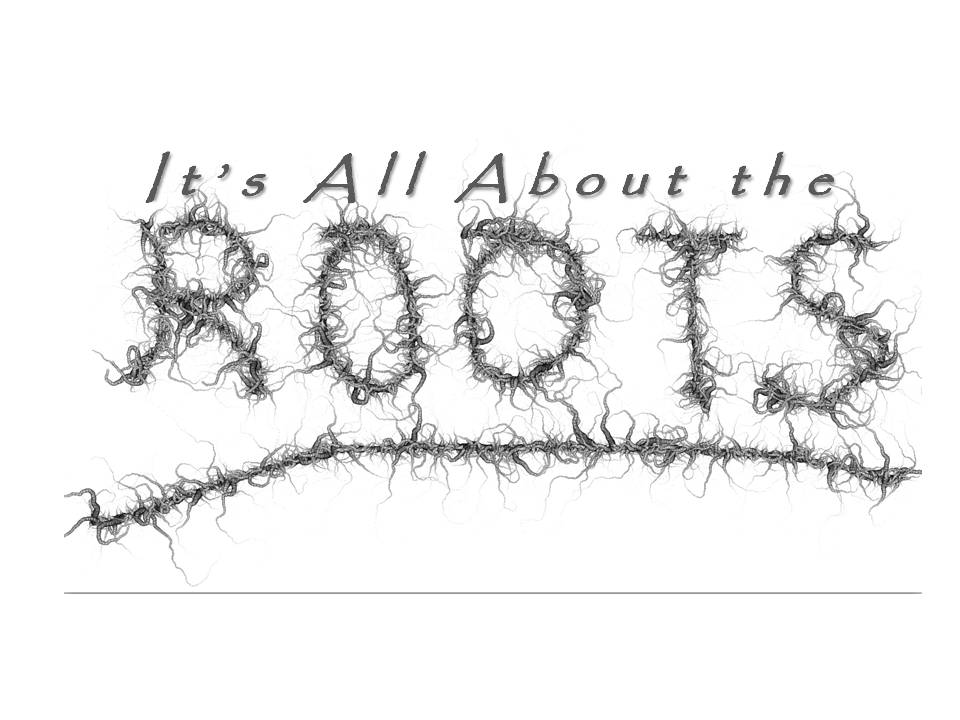Boundless Love
Recently a family member went to the temple for an important life event and I was unable to attend due to some personal struggles. Of course, I’d heard of people experiencing this “being left out” associated with Mormon temple ceremonies such as endowment and marriage, but I never thought I’d be the one sitting in the waiting room. It hurt even more when I was blamed for it. “This was one of the most important days of my life, and you weren’t even there with me.” “I would have been, dear, if you’d been a little more patient.” I regret the events that combined with my personal imperfections and decisions to create this outcome, but I regret even more the policies surrounding temples that keep important others on the outside.
I know I’m not the only one who has experienced this difficulty. Whether it’s due to financial problems that result in tithing underpayment, unresolved doubts, not being a member or struggling with an addiction, many good people are unable to celebrate significant life moments with parents, children, siblings and close friends. My wife’s non-member father, for example, was unable to attend our wedding. This type of thing seems to be directly opposed to the eternal family togetherness that is at the heart of the temple. The message seems to be, “Families can be together if everyone follows the same path.” Those who wander even a little, even for a moment, may find the door of the wedding supper metaphorically closed. This possibility might motivate some, but to others it’s simply cruel. “Be what we want you to be or be left out.” These life events, once they happen, are gone forever. You will forever remember being the one who couldn’t be there. Is there another church anywhere that excludes close family, even parents and step-children, from wedding ceremonies?
Of course, there is the “ring ceremony” compromise, where rings are exchanged on the temple grounds with everyone, including children, looking on, but this is a very brief afterthought, a mere crumb from the wedding table, piteously thrown to the heathens outside the doors where the sacred and holy – the only part that really matters – has just occurred.
The standards required for temple worship make it more than just an ordinary building. For those who seek solace and salvation for themselves and their dead inside its walls, the temple is a place of peace and a bridge between heaven and Earth. But it can also be hell for those who are forced to choose between the spiritual sovereignty that is their God-given right and being present for the important life events of their active LDS loved ones. Non-believing parents who are unable to attend the wedding of a daughter or son will not see the temple as a uniting influence for their family but a dividing one. “Just get baptized,” is one trite answer. This, however, is a long path and not one a young couple impatient to be married is likely to allow. Aside from that, it’s a coercive practice. It feels like the Church that believes in freedom of conscience and worship is enforcing punitive consequences on non-members and the “unworthy”.
Outside the U.S., LDS Church policies allow couples to marry civilly on the temple grounds then immediately enter the doors for the sealing ceremony. But in the home country of the LDS Church, an arbitrary policy requires waiting a year after a civil ceremony before temple sealing can occur. I think it’s time for this policy to change.
These challenges aren’t just limited to temple ordinances. They also show up during baby blessings, baptisms, and priesthood ordinations. “Why is grandpa blessing the baby instead of dad?” Ward members can only speculate. Private struggles become public in such moments, as they do when someone who attends Church isn’t allowed to partake of the sacrament or a disfellowshipped member has to decline an invitation to pray. Shame is the inevitable result. It’s easy to blame the individual for his or her own unworthiness, but without knowing their story how can we judge? And yet we do. Such things remain in people’s memories far longer than they should. If the doctrine requires harshness then perhaps the culture should be so compassion-filled that all the hard edges are removed.
Those who return home from missions early or don’t serve may likewise experience these feelings of shame, unworthiness, exclusion and not being enough. Grace can carry us through all we’re facing into the arms of the Savior’s redemption, but will it prevent nosy neighbors from gossiping about our shortcomings? Will it keep us from feeling weighed down by the burden of all that we aren’t?
It is literally impossible to do it all. No one perfectly meets all the LDS Church standards, ever. There has simply been too much said about too many areas of life for it to even be possible to do everything we are asked. It is, of course, in the striving where we are refined. But when that striving is laced with self-condemnation, the gospel can begin to feel burdensome and this is when good people may find more peace by setting the whole set of impossible obligations aside. Unfortunately, there’s no judgment-free way to leave. Even self-judgment plays a role in the lives of many who go inactive or remove their names. Leaving can simply be the act of exchanging one burden for another, especially if we get stuck in guilt and shame as we allow the views of others to define us.
The Church was never meant to be a social club. The bar is set high and the core expectations are clear. This is one of the reasons Mormonism works for some. It creates a high standard that results in self-improvement for those willing to embark and remain on the path. The problem comes in when people’s inadequacies, particularly visible ones such as smoking and tattoos, become the main focus. Sometimes these inadequacies are actually incredible strengths, such as the willingness to follow a different path when orthodox Mormonism feels inauthentic. When someone fails to measure up to the standards of baptism, temple or Priesthood worthiness, this is an opportunity for love. Even when we ourselves fail to measure up, compassion should always be the response. Shaming self-punishment doesn’t create better character. Mocking those who fail to measure up doesn’t invite them to participate in LDS congregations. Those who are weakest need our love most of all, even if they never show up at Church. It’s not even our place to judge them as weak. It’s time to usher in a new era of acceptance where all are invited and all are welcome. Let’s make LDS culture an ocean of boundless, overflowing love.
 Gerry Baird is a software project manager with an MBA from Utah State University. He is the author of several religious/inspirational books including his latest title, “Soulness: Six spiritual practices that will set you free”, and is currently pursuing a degree in mental health counseling from Grand Canyon University. His passions include piano, kayaking, yoga, meditation, religious studies, and offering a nonjudgmental listening ear to the beautiful people he meets in real life and through social media. He blogs at The Awakened Mormon.
Gerry Baird is a software project manager with an MBA from Utah State University. He is the author of several religious/inspirational books including his latest title, “Soulness: Six spiritual practices that will set you free”, and is currently pursuing a degree in mental health counseling from Grand Canyon University. His passions include piano, kayaking, yoga, meditation, religious studies, and offering a nonjudgmental listening ear to the beautiful people he meets in real life and through social media. He blogs at The Awakened Mormon.




